This post contains affiliate links from which I may receive a small commission, at no extra cost to you. In no way does this affect my opinion or the information I provide on the product. Please read my disclaimer for more info.
The new year often means a new chance at a fresh start for many people. It is the best time to set health and weight loss goals as you are pushed by a renewed motivation. However, these goals often end up unachieved and pushed back to the next year.
Why?
Because more often than not, they are highly unrealistic and unobtainable. It’s very hard to continuously work towards a goal you think you will never achieve. You’ll probably want to stop after a few weeks of not seeing any results.
But if you know how to set the right goals and have the right expectations for yourself, this can change.
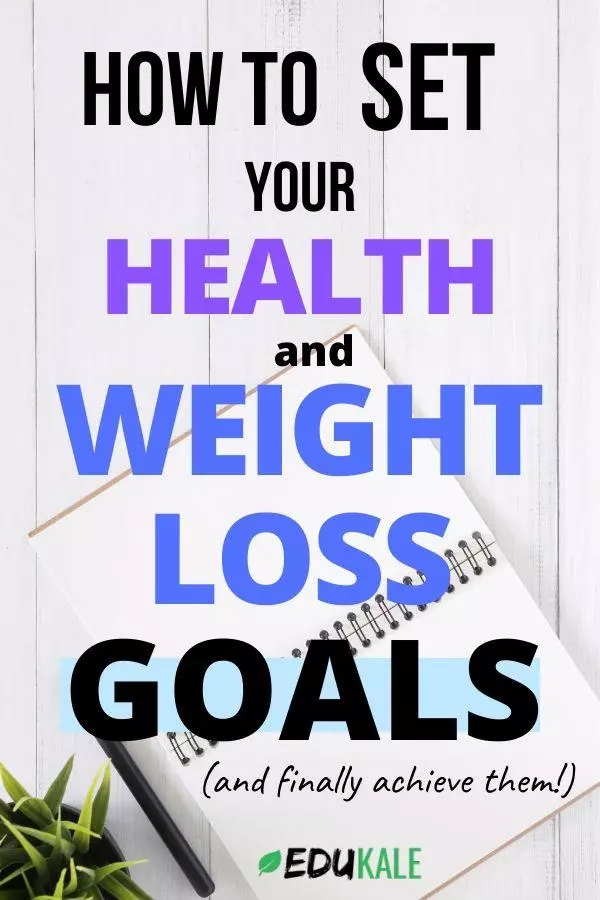
Find your why
The main way to crush your health and weight loss goals is to know why you are doing it. Just telling yourself that you want to lose weight isn’t enough. You have to go deeper into the reasons pushing you to start this journey, or else you’ll stop the second a little obstacle comes up.
For example, if you want to lose weight to become healthier, that’s good, but it’s too vague. Do you want to be healthier to live a longer life? To spend more time with your kids? Do you want to be a good example for your kids so they don’t have to go through what you’re going through now?
Everytime you find a new reason, go further down the line and ask yourself why this is an important reason to you. Write down all the reasons that matter so you can reach for them whenever things get hard.
You can also write down all of the negative feelings and emotions that you are experience right now from being unhealthy or overweight.
Whenever you start to lose motivation, read this list and think about what you will be putting yourself through if you quit working towards your goal. Then, look again at all of your why reasons. This should give you a boost for pushing towards your goal.

Set SMART weight loss goals.
Telling yourself you want to lose 20 pounds in two weeks because that’s what you read in a magazine or it’s what your friend did is not a good plan. You need to set a goal that is right for you and actually reachable. To help you with this, you can use the SMART method.
Your goal needs to be Specific in order to easily focus your efforts on it.
It also needs to be Measurable: instead of telling yourself you want to “lose a lot of weight” in 3 months, try to give yourself smaller, more measurable objectives to better track your progress.
Your goal should also be Achievable, meaning it should be realistic. You shouldn’t aim to lose more than 1 or 2 pounds or a week. Wanting to lose weight too fast will discourage you if you don’t reach your goal. Even if you do reach your goal, losing weight too fast is very unhealthy and should never be a goal.
You should also aim for a Relevant goal, meaning that it should actually be necessary and really matter to you. This goes back to the “find your why” section. Do you want to lose weight to feel healthier and more comfortable in your body? Or is it because someone is pressuring you? Or because you want to be even thinner?
Only the former should be a good reason to set a weight loss goal. Take a moment to evaluate your motivations. It might be that you don’t really need to lose weight and that knowing this is subconsciously preventing you from shedding those pounds.
Finally, your goal should be Time-bound. If you tell yourself you want to lose 20 pounds this year, that’s very vague, and you’re unlikely to feel the necessary accountability to stick to it. Give yourself weekly and monthly objectives to have different deadlines to focus on.
Start small, and one thing at a time.
If you start off the year by telling yourself that you are going to exercise every day, eat salad for every meal, and completely ban processed foods from your house, of course it isn’t going to last long.
That is asking way too much of yourself and breaking too many of your habits at once. In order to set sustainable health and weight loss goals, you need to start with one small thing, and gradually build upon it. Figure one unhealthy thing you do that wouldn’t require too much effort to stop.
For example, if you drink soda every day, (yes, even diet soda is bad!), gradually replace it with sparkling water. You can start by limiting yourself to one glass of soda every two days, then gradually make it once a week, before you stop buying it altogether.
This has to be progressive. Tell yourself you’ll go a day without soda. You’ll be successful, which will motivate you to go two days without soda, and so on. This will install a positive reward loop, and you will be much more likely to continue slowly eliminating soda

On the other hand, if you directly tell yourself to go an entire week without soda and give in after a few days, you’ll see yourself as unsuccessful, tell yourself you can’t do it, and give up on limiting soda altogether.
Once you have one little thing mastered, move on to the next.
Try to incorporate just one fruit or vegetable to your meal, or do just 15 minutes of jump rope a week, or go to bed only 10 minutes earlier. It may not seem like much but it will definitely add up, and you can easily build upon these habits once they are solidly in place.
Know that it will be uncomfortable.
Changing your habits and letting some of your comfort go is always going to be uncomfortable. It’s absolutely normal to want to give up, to think that it isn’t worth it or that there’s no point in putting yourself through this.
This is the way life-changing things work. Tell yourself that if this was easy, everybody would be eating all the right foods, be at their ideal weight, and be in perfect health. Being hard makes it feel all the more amazing once you reach those goals.
If your why is strong enough, you’ll be able to deal with the down moments and the hard, uncomfortable times. If not, go back and find a a stronger why.
Now that you are ready to set some strong goals, here are some easily applicable ways to get healthier.
Some easy tips to get healthy and set weight loss goals.
Along these lines, here are some ideas of small things you can easily incorporate into your lives. Start off with one that speaks to you, gradually build upon it, and once you have it mastered move on to other ones.
- Reduce your alcohol consumption. Alcohol contains so many calories that can easily add up. Furthermore, drinking alcohol can make you more prone to overeating or indulging in foods you wouldn’t normally eat.
If you have a glass a day, start by limiting yourself to one every two days and see how you manage. If you are more likely to have none during the week but go all in during the weekends, set a certain (smaller) amount of glasses as a limit, and drink a lot of water in between.
- Be more active. I don’t have to tell you how important exercise is for your health. If you love sports or don’t mind going to the gym, that’s amazing. Why not get in some extra minutes which you can turn into extra hours by the end of the year?
If you don’t like those things, that’s fine too. There’s bound to be some physical activity you enjoy. Dancing? Swimming? Yoga? Rockclimbing? Riding a bike? Jumping on a trampoline? There are so many options!
If nothing sounds great, start by incorporating 10 minutes of at-home exercise into your routine a few times a week. You can follow a video on the Internet, jog around your house, or jump-rope in your living room.
As the weeks go by, increase the time you dedicate to these activities and the intensity at which you practice them. You’ll find yourself wanting more!

- Limit eating out as much as possible. When you go to a restaurant or have fast-food, you’re way more likely to overeat. How many times do you eat out a week? If it’s everyday, try to make it once every two days.
Bring some left-overs to eat at school or work instead of going for the fast food. Make a home-cooked meal and have a family game night instead of going to the restaurant every Friday night. This will also save you money!
- Spend more time outdoors. Being outside has so many health benefits! If you spend all your time indoors, try to go for a short walk a few times a week, or do some activities during the weekend.
Walking, running, hiking, playing outdoor sports, going to a local park, reading or resting outside, swimming, rollerblading, rock-climbing…you’re bound to find something you like!
- Stop the sugary drinks. As mentioned previously, it’s easy to cut back on soda, fruit juice, and other sugary beverages if you do so slowly. Limit yourself to one glass of juice in the morning instead of two. Go a whole day without soda. Little by little, let these sugary drinks be the exception rather than the norm.
- Get more sleep. Not only does sleep deficiency impact your weight, it can also have other health implications as well. The work you must do and the activities you love are often done at the expense of sleep.
Try to prioritize sleep a bit more: go to bed just 10 minutes earlier for a week, and gradually stretch out your sleep schedule so that you get around 8 hours each night.
- Eat more whole foods. Whole foods have continuously been proven to improve many different health aspects. That is because your body is designed to digest and assimilate food in its most natural form. This is what will bring you the most energy.
Choose whole foods whenever possible, such as whole fruits instead of fruit juice or applesauce, and whole vegetables instead of canned ratatouille or ready-made soups. Frozen fruits and veggies count as natural whole foods, too. Include some whole grains, beans, nuts, and seeds as well.
Try to eat these foods as much as possible— this will leave little room for the super addicting high-sugar high-fat high-salt processed stuff.
Setting weight loss goals in conclusion.
If new years’ resolutions often don’t last very long, it’s only because they aren’t SMART and end up discouraging you way too quickly.
Now that you have some key elements to set achievable resolutions, you can start to create a healthier life and a better relationship with food for yourself. Most times, the hardest part is sticking to it in the beginning.
If you can get past the first few hurdles, you’re in for a lifetime of healthiness and happiness.
-Lucie
If you’re interested in nutrition, its impact on our health, and the science behind it, you should definitely read How Not to Die. In this book, Doctor Michael Greger, founder of Nutrition Facts, examines the top causes of death in America and explains how your diet can prevent— and in some cases even reverse— them. His advice is all backed by science and he writes in a very clear and entertaining way. This book isn’t a list of what you already know. It will teach you the keys to living a long healthy life, in a simple and practical way, and without spending fortunes on supplements and pills!
PLUS if you want to take it a step further, you can check out the How Not to Die Cookbook to implement the advice easily!

Welcome!
I'm Lucie, the nutritionist behind Edukale! If you'd like to learn more about me, click HERE !
Read More!
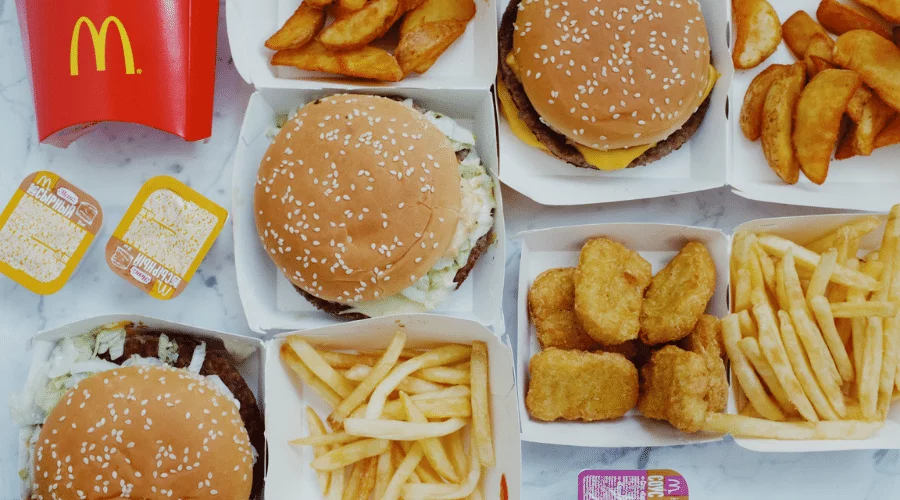
The truth about processed foods
You’ve probably heard that it’s best to reduce your intake of “processed foods” for healthy eating, and increase your intake of whole foods for optimal health.

The Best Foods to Fight Fatigue
Do you feel like you’re always tired and that you need multiple coffees to get you through the day?
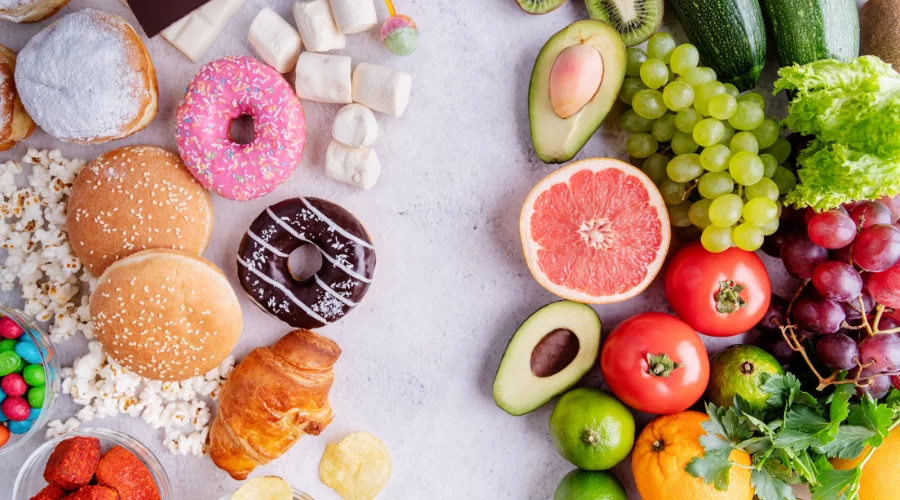
how to find the balance between healthy eating and dieting
It can be hard to find the right balance between healthy eating and dieting without becoming obsessed with food.
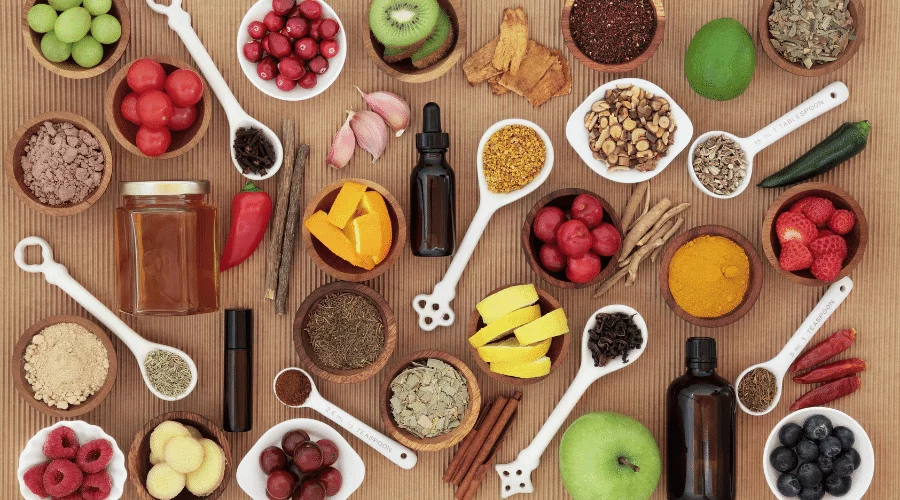
Can you use food as medicine?
“Let food be thy medicine, and let medicine be thy food.” We’re all familiar with this quote attributed to Hippocrates, and we all know the huge impact our food choices have on our health.
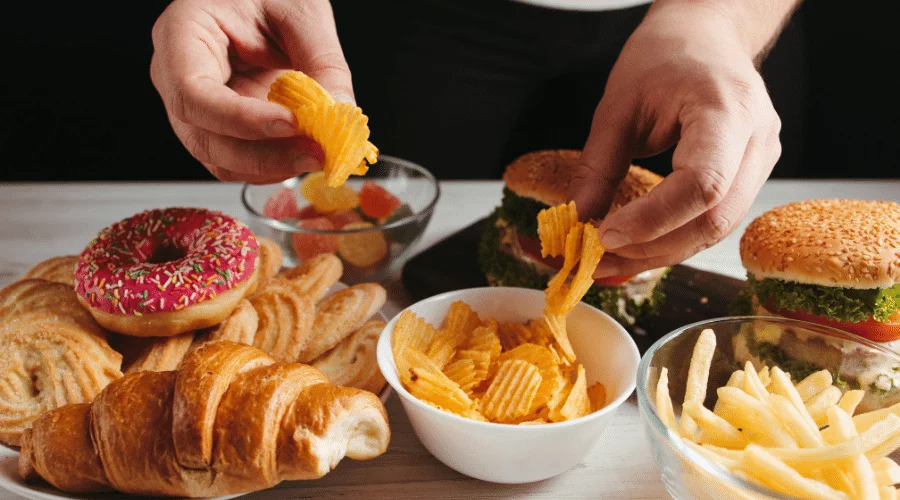
How to finally stop overeating for good!
Overeating means eating past your body’s actual needs, and it can be rather uncomfortable.
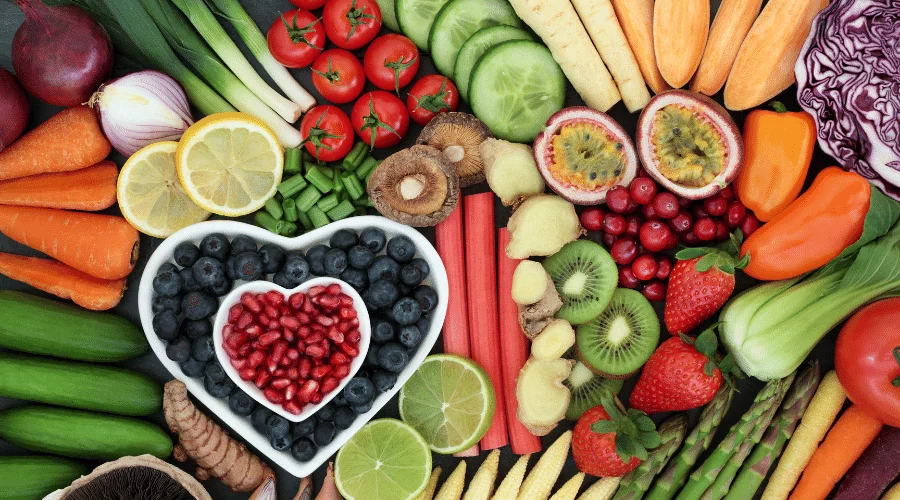
The anti-inflammatory diet: get rid of inflammation
You’ve certainly heard about the anti-inflammatory diet before and the benefits it could have on your body.
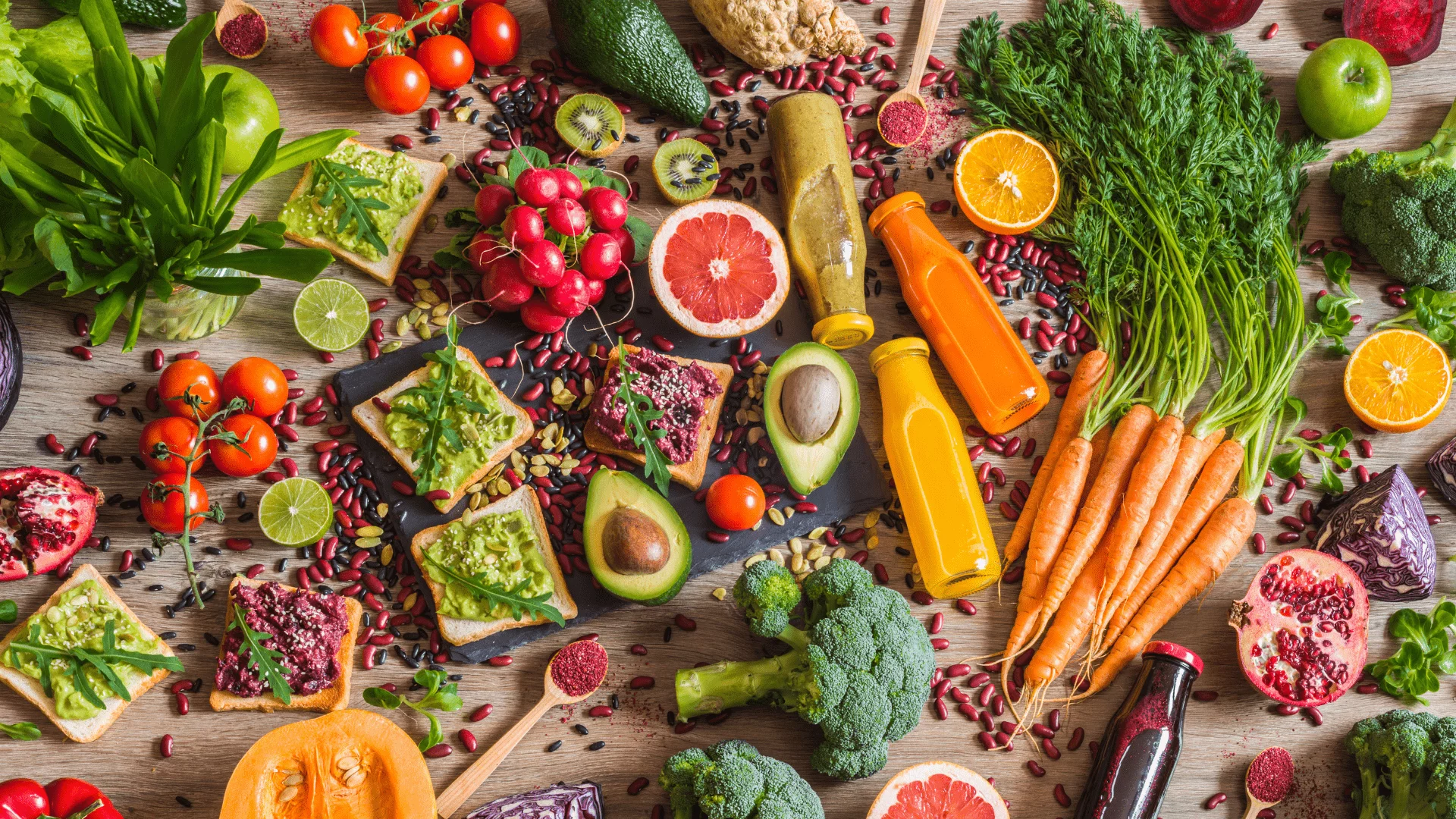
The complete beginner’s guide to veganism
Even though you can absolutely be healthy on a diet that includes animal products, the scientific consensus shows that increasing your consumption of plant-based foods is what is best for health.

Physical vs emotional hunger—learn the difference
You may be aware that physical hunger is not the only type of hunger that exists. There are actually two main types of hunger: physical hunger and emotional hunger



Comments are closed.